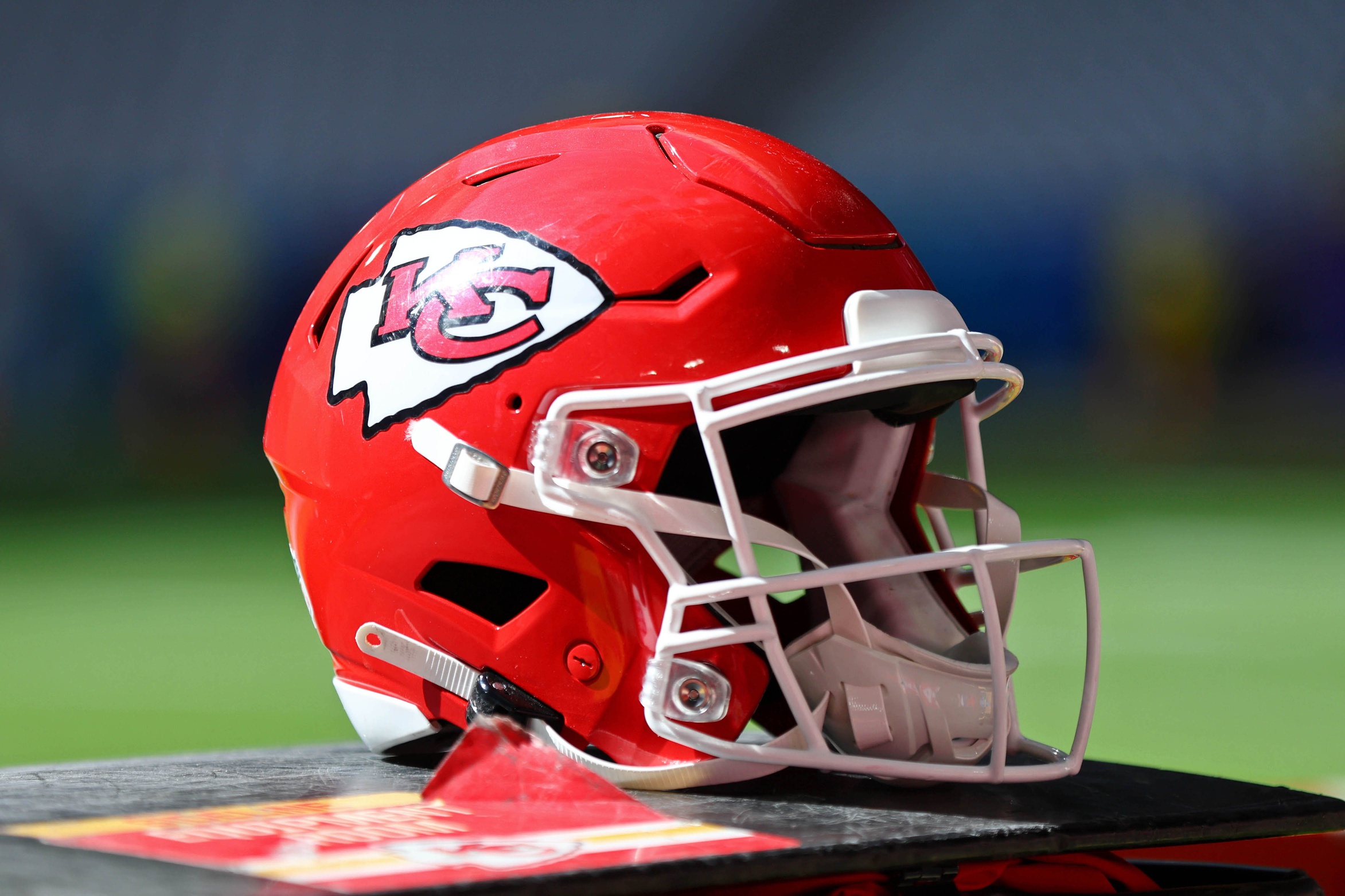There has been no shortage of regulatory attempts around the world to curtail the gaming sector. While some authorities have been well-meaning, self-limiting and collaborative – welcoming input from industry participants – others have been misguided and needlessly punitive, seemingly motivated by a desire to slow down, or even set back, the sector.
These attempts are unlikely to succeed. The gaming sector has not only repeatedly weathered such challenges, but also used them as an opportunity to renew its momentum and strengthen its offering.
This might not seem immediately obvious. Regulators, at the end of the day, wield immense power and authority. They not only govern the conduct of businesses but also that of gamers themselves, and, in some cases, their parents and guardians. Fines and other penalties await those that fail to observe the rules. Enforcement is at the discretion of the authorities.
At any rate, once the new rules have been announced and laid down – and depending on their severity – the market can be shocked out of its equilibrium. The share prices of relevant businesses adjust, deals might be compromised, product launches shelved or cancelled. Companies might be deterred from entering a market, employees might flock to rival industries. There is, in other words, a chain of events that regulatory announcements, especially ones that were not foreseen or went farther than expected, can trigger.
However, this vicious cycle does not tend to last that long. Equilibrium is eventually restored and confidence in the sector returns. People are reminded of the great value and innovation that the sector brings. Regulators have also been known to be mercurial, rescinding previous rules and laws on the basis of popular reaction.
This in turn can render authorities hard to assess and predict, which makes some markets less desirable than others. It means that gaming businesses must dedicate significant time and resources to regulatory planning instead of focusing on improving their offering, innovating and strengthening their users’ experience.
This is not lost on regulators. They are keenly aware of the burden that their conduct imposes, and often use regulation as a means of sending a message. They are not necessarily acting in the interests of users; their aims may be political, an attempt to appease certain demographics that hold inimical and often ill-informed attitudes towards gaming.
Yet the gaming sector is remarkably dynamic and adaptive. It is home to extremely well-capitalized global businesses and extraordinary human talent. The industry will adapt to regulation, however stringent. This might mean pivoting and generating innovative and creative solutions to challenges or limits introduced by regulators.
Users will also be vocal in expressing their preference; some of them earn their living out of gaming, while the majority of Gen Zers view it as one of their main pastimes and ways of socializing. Regulators will ultimately have to notice that attitudes are changing and even if gaming activities can be restricted, these social norms and expectations will be harder to uproot.
This is something we are closely following here at 1xBet – the gaming sector, its relationship with regulators and its remarkable ability to recover from such setbacks – as we continue to build our suite of top-quality betting games across a number of markets.
—
1xBet operates across 20 different markets and abides by all relevant regulations in every jurisdiction in which it offers its products and services.
1xBet is committed to supporting responsible gambling and its policy sets out its commitment to minimise the adverse effects of problem gambling and to promote a positive, responsible experience for its customers.
1xBet does not offer its products and services to customers in the UK.







